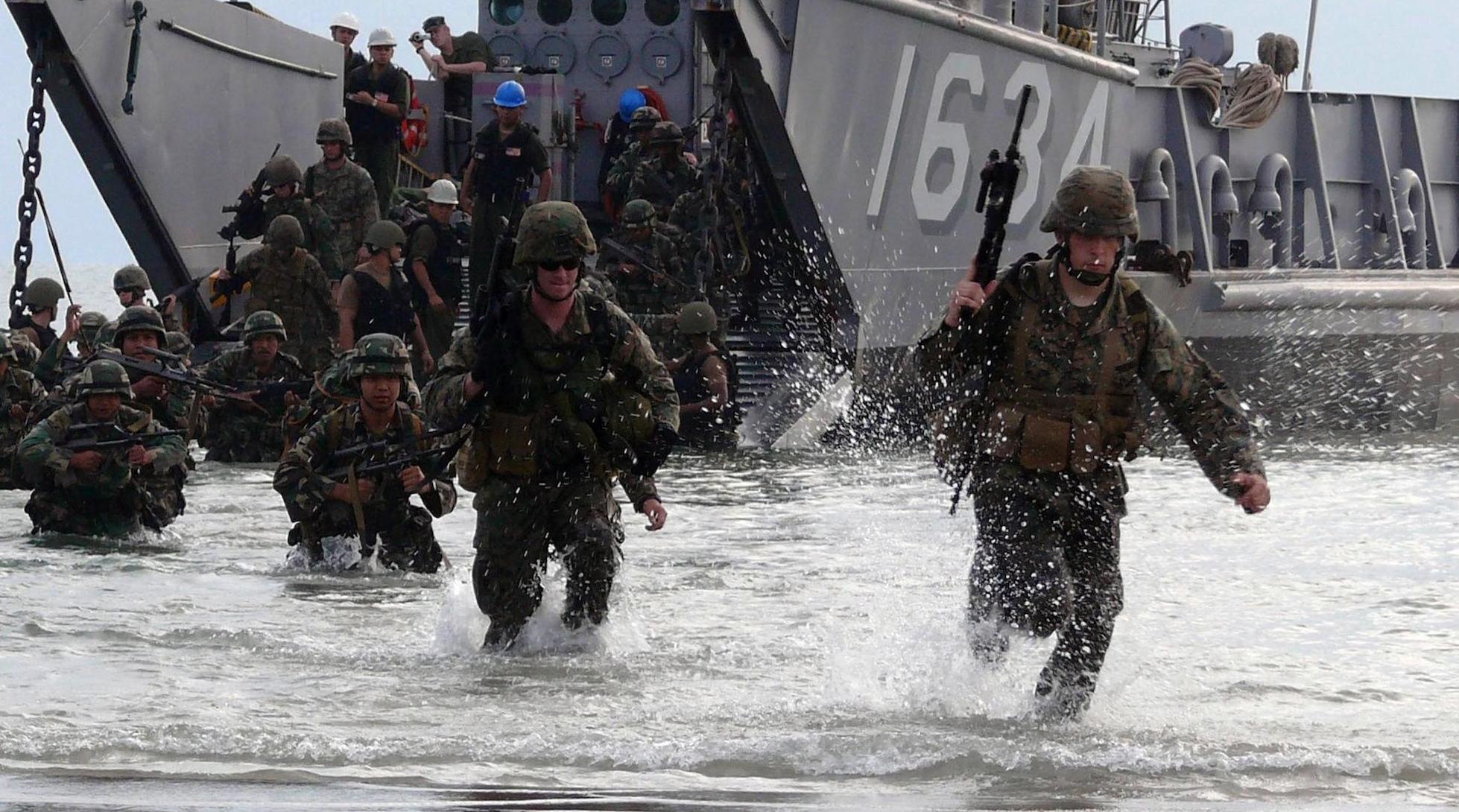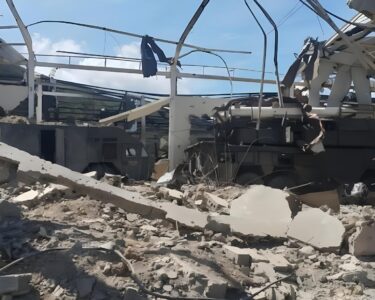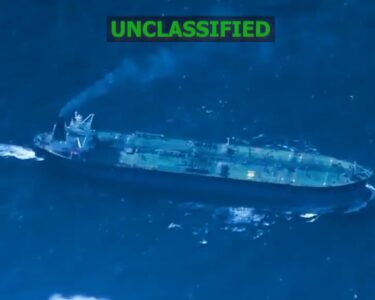The convergence of criminal and ideological actors has transformed Venezuela from a failing petrostate into a node of transnational insecurity.
For decades, Venezuela was seen in Washington primarily through the lens of oil. From the 1970s through the 1990s, it was the United States’ most reliable crude supplier, and PDVSA’s acquisition of CITGO ensured a stable outlet for Venezuelan heavy crude.
That era of commercial interdependence, however, has given way to a far more complex and dangerous reality. Today, U.S. policymakers no longer view Venezuela as an energy lifeline but as a potential launchpad for threats that strike at the heart of American security.
Narcotrafficking as the New Strategic Threat
Under Nicolás Maduro, Venezuela has become a hub for narcotrafficking networks that channel cocaine and synthetic drugs into U.S. markets. Analysts warn that groups such as the Tren de Aragua and Colombian guerrilla remnants operate with impunity inside Venezuelan territory, using state protection to expand their reach. A RAND commentary recently described Venezuela as “a sanctuary for terrorist organizations” and a facilitator of illicit flows that directly affect U.S. society.
Former U.S. counterterror officials have also testified that Hezbollah operatives, backed by Iran, have used Venezuela as a base for money laundering, trafficking, and sanction evasion. This convergence of criminal and ideological actors has transformed Venezuela from a failing petrostate into a node of transnational insecurity.
Foreign Powers Filling the Vacuum
While narcotrafficking corrodes Venezuela from within, external actors have seized the opportunity to expand their influence. China has extended billions in loans and infrastructure projects, securing long-term stakes in Venezuela’s oil and mining sectors. Russia has provided military equipment, advisors, and diplomatic cover at the United Nations. Iran has deepened ties through fuel shipments, intelligence cooperation, and the reported presence of Hezbollah-linked operatives.
A recent analysis in Diplomat Magazine described this alignment as “China’s, Iran’s and Russia’s defiance of the United States” in Latin America. For Washington, the concern is not resource access but the prospect of a hostile coalition embedding itself in the Western Hemisphere.
Trump’s Assertive Posture
Donald Trump has framed Venezuela not as an energy issue but as a security challenge. His administration authorized covert CIA operations, tightened sanctions, and emphasized the narcotrafficking dimension of the crisis. “Venezuela is no longer just a humanitarian tragedy—it is a platform for adversaries,” one former U.S. official told Congress in 2024.
This approach reflects a broader doctrine: after years of what Trump called “inaction,” Washington is prepared to confront threats in its sphere of influence before they metastasize.
The Stakes for U.S. National Security
- Domestic impact: Drug flows from Venezuela-linked networks fuel addiction and violence inside the United States.
- Regional destabilization: Criminal groups and mass migration strain neighboring states, creating spillover crises.
- Geopolitical rivalry: Iran, China, and Russia use Venezuela as a foothold to challenge U.S. dominance in the hemisphere.
- Hybrid warfare: Analysts describe Venezuela’s use of gangs, narcotics, and forced migration as tools of “gray zone” conflict against Washington.
The United States no longer needs Venezuelan oil. What it cannot afford is a Venezuela that functions as a catapult for hostile powers and criminal networks. The real battle is not over barrels of crude but over whether Caracas becomes a staging ground for narcotrafficking, terrorism, and geopolitical rivals.
In that sense, Venezuela has shifted from being an energy partner to a national security flashpoint—one that Washington can no longer ignore.






